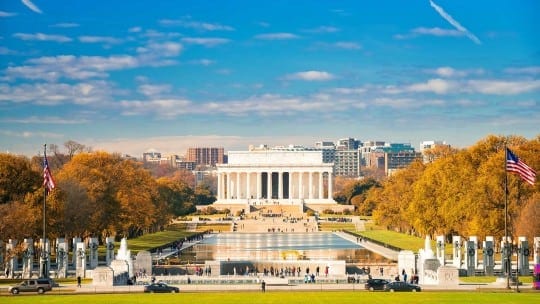
Communication professionals must view the events of January 6 through a different lens than other people. Not only are we Americans who vote for president every four years, we also are professionals who come as close as one can get to influencing forces in society that drive information and ideas into the mainstream. We know the power of advising a CEO or politician, collaborating with an influential journalist, or publishing information online to an audience of millions.
The Capitol Hill attack demands we rethink our obligations.
Donald Trump took office with 40 million Twitter followers. More than most, PR pros recognized that we had a president who spoke directly to millions, bypassing big media's checks and balances and, in some cases, his press secretary. As was the case during the primaries, he was his own spokesperson. By the time Twitter banned the president, he had amassed 88 million followers and posted 34,000 tweets.
In addition, not only was the president his own news service. Social media means anyone with a mobile phone is a publisher. Again, this new group of publishers bypasses big media's oversight.
Last year, the NY Times’ audio series, “The Rabbit Hole,” covered a critical, emerging trend: Conspiracy theories like QAnon and rampant disinformation carried via social media were gaining a cult-like grip on segments of the public.
Gravitas?
Despite that, few believed these theories were of much consequence. The online world was just that–a place for people to rant and trade conspiracies, with little cost to themselves or others in the real world. Some, though, began to raise significant concerns about calls to action in these forums. Still, by and large, many people did not understand or question how rage clicking could turn into real action and danger.
January 6 brought finality to this question. There are consequences to word in the real world. In the days leading up to the assault on the Capitol, there were thousands of open discussions online for all to see, goading followers to arrest VP Pence and execute him for treason if he would not overturn the election.
That the Capitol Police and federal law enforcement did not detect or seriously consider these threats is shocking, though, in a way, not surprising. Few institutions gave the online rantings of frenzied cultists much weight.
Moving Ahead
Now, the difficult work begins. Federal agencies and the Capitol Police will study their failures. Social media executives will consider theirs. Politicians, policy makers, legal scholars, business leaders, journalists, and professionals in numerous other sectors will view things through their lenses and learn from January 6. Accordingly, it is time for a deep examination of and an update to communicators' professional obligations.
Few communicators will advise a US president, of course, but all of us likely will counsel someone who has the desire or power to spread ideas far and wide. As communicators, we have unique obligations to our communities, the profession and democracy. We must study the methods that were in place to inform and which misled. They will continue to evolve.
In addition, we need to continue to do our jobs with integrity, particularly when facing difficult ethical or moral choices. Our obligation as professionals is to counsel with honesty, provide information that can be trusted to journalists, policymakers and the public, and to own the impact of our decisions and actions.
John Raffetto is CEO of Raffetto Herman Strategic Communications
